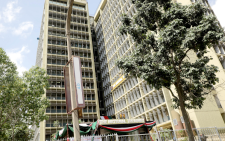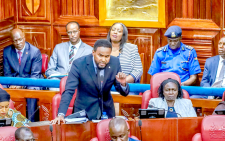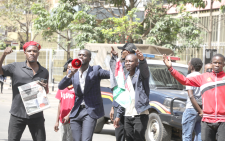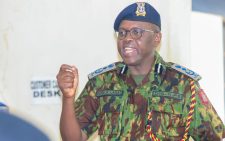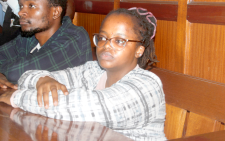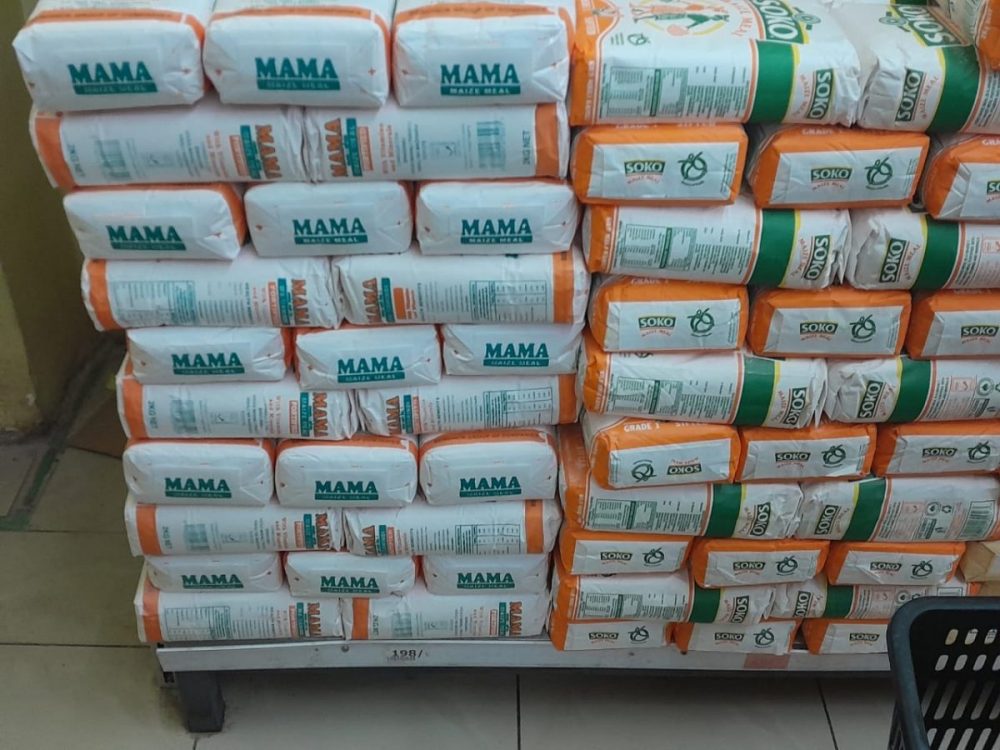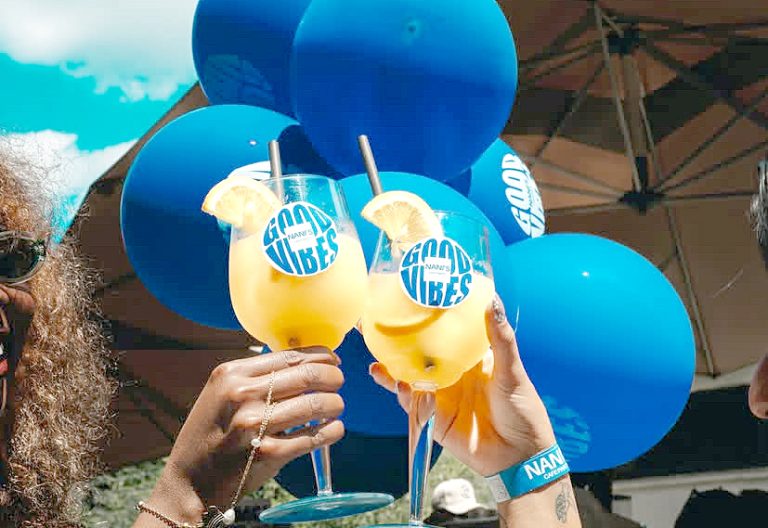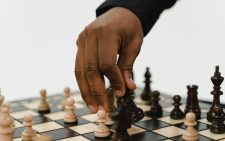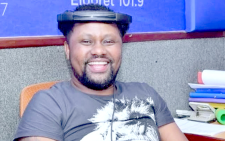Africa Triathlon Championship saved my heart and won it, says Josette Njeri Kiarie
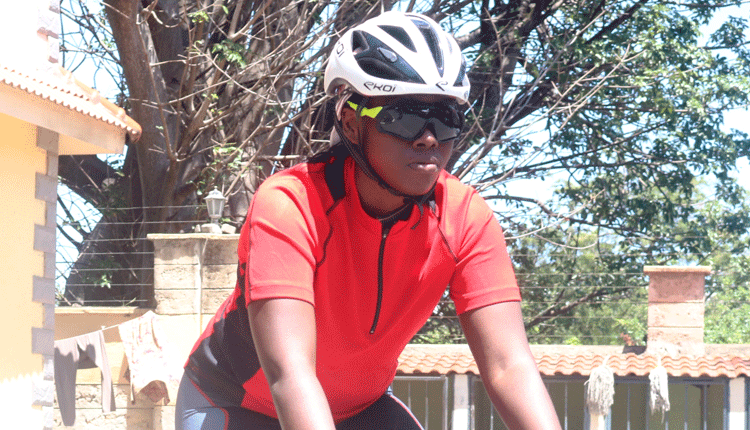
Eighteen-year-old Josette Njeri Kiarie is a top ranked Kenyan female junior triathlete, who recently emerged top at a heavily contested challenge at the Watamu beach front to win the Africa Zone Two and Four Triathlon Championship.
The event held in July this year was organised by the Kenya Triathlon Federation.
She also represented Kenya at the Africa Triathlon Championship in Egypt, which took place in July and has her eyes on the 2028 World Olympics.
What started as a solution to saving her life as a toddler has turned into a propelling force to place her amongst the greatest in the world.
Njeri’s journey in the sports world started when she was barely four years. Having been born prematurely posed a challenge to the full development of not only her heart, but also other internal organs.
She also developed chest complications when she was only three years old. At this time, her mother was presented with two choices recommended by their doctor; a surgery or introduce her to a sport activity.
She settled for swimming and at three years introduced her to a trainer. A year later, she had become so good at it she would swim for hours.
This not only improved her health, but little did they know that she would one day be representing Kenya in global charts of the triathlon olympics.
Going professional
A triathlon is an endurance multisport race that combines swimming, road cycling and distance running, performed in that order.
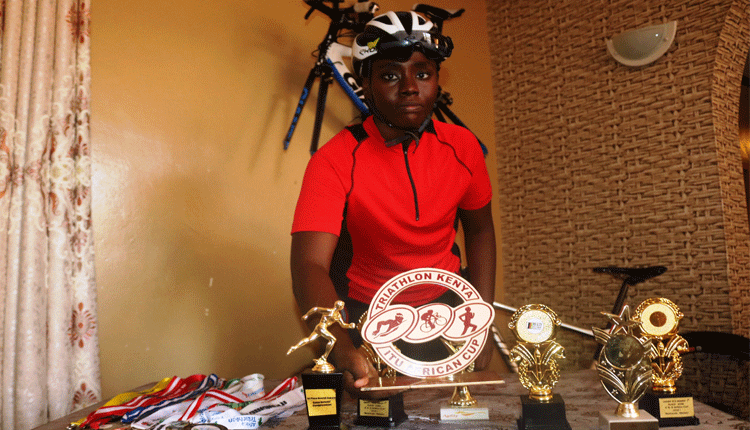
Having been familiarised and nurtured in competitive swimming and cycling at a young age pushed one of her coaches to introduce her to triathlon in 2009 while she was a student at Agha Khan Primary School, Mombasa.
After being introduced to the sport, she did it consecutively for a year before travelling to South Africa for her preliminary competition, which was also her first international competition in 2010.
“The first competition was important for me because it motivated me. It was my first time doing the triathlon on a competitive level.
I had to experience it on this level to be sure that I really wanted to be a triathlete. And I did… I wanted it.
After the South Africa competitions, the sport kind of died off because a lot of people stopped participating.
But I had already made up my mind, so I took the time to keep practicing and work on improving my weak points,” she shares.
In 2016, the competitions opened up again and Njeri did not hesitate to join. She wanted to pursue triathlon professionally.
And in 2018 she was called to participate in a race in Switzerland, which was her first professional race.
This included being introduced to rules and guidelines of the sports, which she hadn’t been familiarised with.
The race was also a qualifier for world championship where she went as a junior.
While attending two other camps in South Africa in the same year, she also got the opportunity to meet some of the top African competitors in the Rio Olympics, which served as a real opening point of her career.
“Being out there, attending the camps and meeting triathletes who were doing really well was an informative interaction.
In May, 2019, I participated in the World Championship, in Spain, which I took part in the cross triathlon — I swam and did mountain biking.
It had a lot of challenges, which I hadn’t expected such as cycling uphill and the road having many corners, but I was still able to finish in the seventh place,” she shares.
Njeri participated in many other races and represented both Kenya and Africa in global charts, most of which she topped.
When Covid-19 hit and all activities were brought to a sudden halt, it came as a disappointment since the championships were cancelled as well.
But she used the time to improve on her swimming and running, which greatly improved when she participated in the Egypt World Championship this year.
Juggling between school and sports has not always been a walk in the park. Her ordinary day starts at 4.35am (depending on her day’s schedule) with two sessions — running and cycling in the morning, for at most two hours.
This is closely followed by half strength training for her knees and other parts of the body.
Then in the evening, she spends one or two hours for her swimming session.
Doing all this while still in school has been a real challenge. Despite all this, she passed her final exams with flying colours by scoring plain A, at the Agha Khan High School, Mombasa.
She will be joining the University of Nairobi this year to pursue her career in Medicine.
Top performer
“Juggling between school and sports has not been easy at all. Sometimes, I would miss school for two weeks, when away participating in sports.
Some of these events would fall on exams days. But my teachers have always been understanding.
This also means that I had to maximise my free time in order to make up for lost school time.
And even as I ready to start on the university journey, I will have to do it in a similar way. Secondary school was demanding, but I just focused and managed my time well.
I also engage my manager a lot on everything that’s happening at school so he can plan my sessions well,” shares the triathlete.
Aside from the fact that sports greatly got her out of a health dilemma, there is so much more she loves about being a triathlete.
“It is an enduring sport. It is unpredictable too because there are different challenges for every competition.
There are also different coaches and you just never know what could happen in any of the races.
I love the bicycle leg; I liked cycling since I was a child. I also like the transitions that come with every challenge, they help you a lot,” she says.
Her greatest support system through this journey has been her parents; Francis and Joy Kiarie who have invested a lot of money in getting her the right equipments, training and also encouraging her to keep doing her best.
And it is her hope that she can empower younger girls to take up triathlon as a sporting activity in the country.
“This is a sport that hasn’t been there for long and it is not well known. Not very many athletes want to work as mentors for other Africans and, especially girls. I definitely want to recruit more people,” she intimates.

